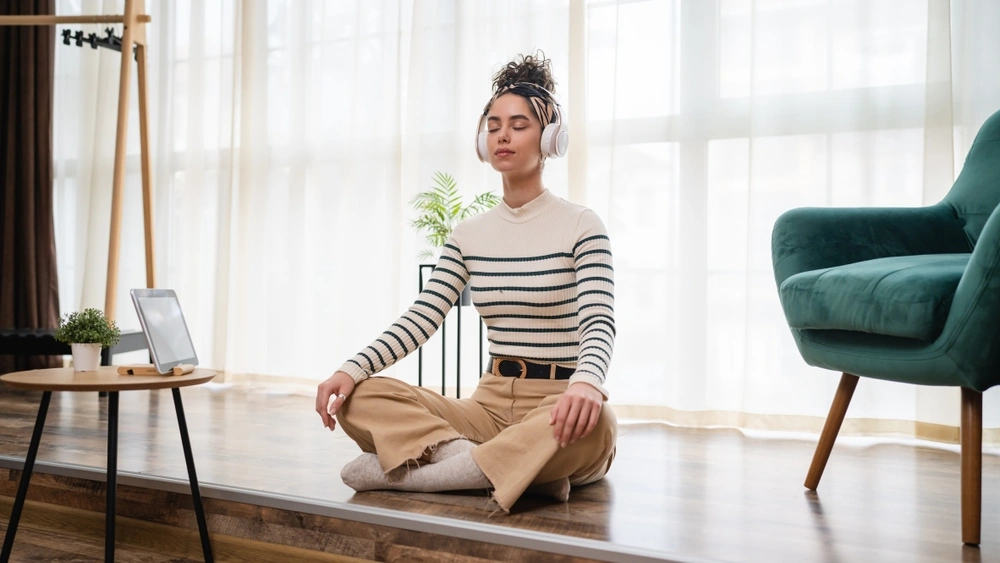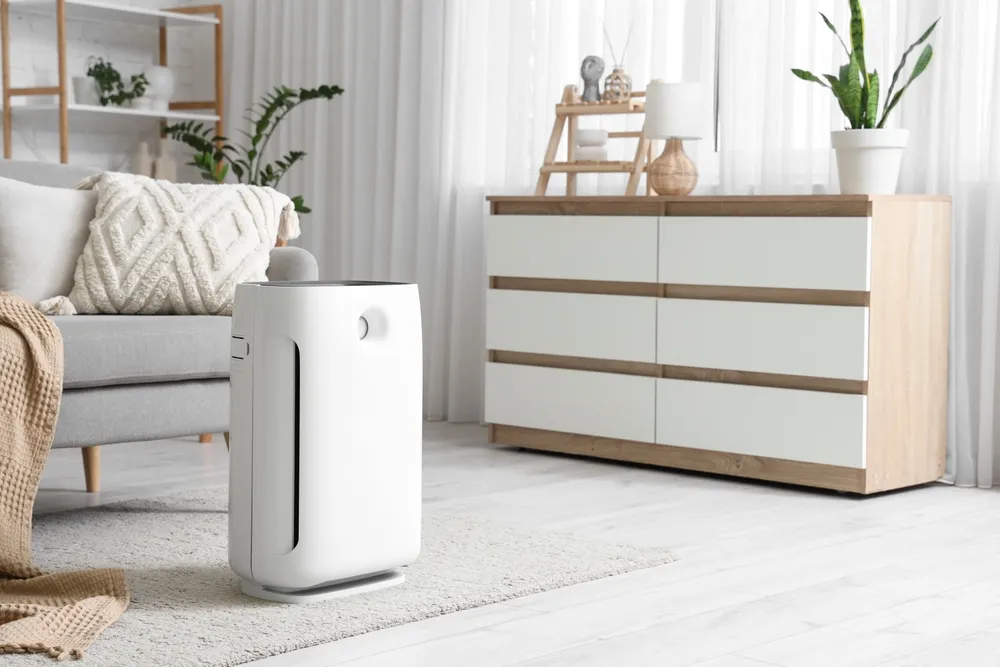If your to-do list never ends and your brain feels like it is running on fumes, you are not alone. Life has a way of demanding more than we can comfortably give, especially when deadlines loom and responsibilities keep piling up. In the rush to keep up, it is easy to put your own wellbeing last.
But here is the truth: self-care is not a luxury or an act of selfishness. It is a basic necessity for staying balanced, focused, and healthy. It is the foundation that supports everything else you are trying to achieve. From mental clarity to physical energy, every part of you functions better when you take the time to look after yourself.
This article explores why is self care important, especially for people who rarely get a break. You will discover what self-care really means, how to fit it into a hectic schedule, and what small changes can lead to a big difference in how you feel each day.
What Does Self Care Really Mean?
Self-care is often seen as a luxury, something extra you do when there is time. But in reality, it is a simple and practical way to take care of your health and protect your energy. It means making choices that support how you feel, think, and function every day.
There are four key areas that form the foundation of self-care: sleep, nutrition, movement, and social connection. These are often called the four pillars of self-care. When any of them are overlooked, it can affect your mood, focus, and overall wellbeing.
Taking care of yourself might mean stepping away from screens for a while, making time to eat properly, or saying no when your schedule is already full. These decisions can have a big impact when they become part of your routine.
There is no single way to practise self-care. The goal is to build habits that feel manageable and genuinely help you feel better, not just now but over time.
Why Is Self Care Important in a Busy World?
When life feels full and fast-paced, it is tempting to push through and ignore signs of tiredness, stress, or overwhelm. But the longer self-care is put off, the more pressure builds. Without space to rest and reset, your body and mind begin to feel the strain.
Chronic stress affects more than your mood. It can disrupt sleep, weaken your immune system, and lead to long-term health problems. Mentally, it can cloud your thinking, reduce focus, and leave you feeling anxious or emotionally drained.
This is why self-care is important. It gives your mind and body the support they need to cope with everyday demands. By looking after yourself regularly, you become more resilient, more focused, and better able to manage whatever comes your way.
Making time for self-care is not about stepping away from life. It is about making sure you have the strength to keep going without running yourself into the ground.
How to Practise Self-Care Without Overthinking It
Self-care does not need to be complicated. The most effective habits are often the simplest ones. When it becomes part of your routine, it feels less like a task and more like a natural part of your day.
Start with What Keeps You Going
Begin with what is already within reach. Sleep, movement, food, and connection are the foundation of how you function. Get enough rest. Move your body in a way that feels good. Eat meals that nourish you. Stay in touch with people who make you feel grounded and supported.
Make It Work for You
There is no one-size-fits-all approach. What works for someone else may not suit you. A quiet walk, ten minutes with a book, or turning your phone off for a while might all count as self-care, depending on what you need.
Make Time, Not Excuses
Even five minutes can make a difference. A short stretch, a quiet break, or a moment to breathe can shift your mindset and restore your energy. The important part is showing up for yourself, even in small ways.
Create Space That Supports You
It helps to have tools or environments that make self-care feel easier. This might be a quiet corner to read, a calming playlist, or a wellness product that encourages you to slow down. For example, using a massage chair at home can help release physical tension and create a daily moment of calm.
Let Go of the Pressure
Self-care is not about perfection. It is not a checklist to complete or a trend to follow. It is simply the act of tuning in and responding to what you need in that moment. Some days it may be a walk. Other days, it might be doing nothing at all.
Everyday Options You Can Try Right Now

Once you have made space for self-care, the next step is choosing habits that fit your life. These do not need to be time-consuming or expensive. In fact, the most effective routines are often the simplest, repeatable, and genuinely helpful.
Here are ten easy ideas you can try, even on your busiest days:
- Step outside for some fresh air: A few minutes outdoors can clear your head and help reset your focus.
- Stretch your body: Gentle stretching can release tension and improve circulation, especially if you sit for long periods.
- Take a proper break: Step away from your work or studies for a short time without checking your phone.
- Drink a glass of water: Hydration is a basic form of self-care that is often overlooked.
- Write down what is on your mind: Journalling or a simple brain dump can help reduce stress and bring clarity.
- Listen to calming music: Choose something that slows you down and helps you relax.
- Declutter one small area: Tidy a drawer, shelf, or desktop. A clear space can create a clearer mind.
- Speak kindly to yourself: Notice your inner voice and replace criticism with encouragement.
- Breathe deeply for one minute: Slow breathing can calm your nervous system and bring your mind back to the present.
- Say no when you need to: Protecting your time and energy is one of the strongest forms of self-care.
None of these ideas takes much time or effort, but they can make a meaningful difference when done consistently. Choose one or two that feel right for you and make them part of your daily rhythm.
What Happens When You Start Prioritising Self Care
Why is self-care important? When you begin to look after yourself regularly, the effects are not only noticeable but lasting. Self-care supports every part of your wellbeing, from how your body feels to how you relate to others. These changes may not happen overnight, but with time, they create a stronger, more balanced version of yourself.
You Feel Better Physically
One of the first signs of regular self-care is improved physical health. You might sleep more soundly, feel less tired during the day, and notice fewer aches or stress-related symptoms. When your body is rested and nourished, it has the energy to support you through daily demands.
Even basic routines like stretching or staying hydrated can reduce tension and improve circulation. Over time, these physical adjustments can lower your risk of illness and help you stay active and energised.
Your Mind Gets Some Breathing Room
Mental fatigue can build up quickly when there is no space to pause. Making time for yourself reduces this internal clutter. You start to feel calmer, think more clearly, and respond to challenges with greater patience.
Practising even a few minutes of mindfulness or reflection each day can restore a sense of control. It creates distance from the constant noise, helping you process thoughts more calmly and avoid emotional overload. This mental space often leads to better focus, sharper memory, and a more positive outlook.
You Build Real Confidence
Consistently choosing to care for yourself reinforces a sense of self-worth. It teaches you that your needs matter, even when life is demanding. Setting boundaries, listening to your body, and making supportive choices help you feel more capable and grounded.
Over time, these habits strengthen your confidence from the inside out. You begin to trust yourself more, feel less reactive, and navigate your day with greater assurance. Confidence built through self-care is steady and lasting because it is rooted in how you treat yourself daily.
Your Relationships Improve Naturally
When you feel balanced and well-rested, it reflects in how you connect with others. You are more patient, more understanding, and less likely to take on the stress or moods of those around you.
Healthy boundaries become easier to set, and your communication tends to be clearer and kinder. Self-care helps you respond rather than react, making space for more thoughtful conversations and stronger emotional bonds. Whether with family, friends, or colleagues, caring for yourself often means showing up more fully for others as well.
Self Care Is a Choice Worth Making
So. why is self-care important? Self-care is not about doing more. It is about doing what matters. Even when life feels busy or overwhelming, looking after yourself is not something to squeeze in. It is something to build around.
Making time for your wellbeing is a long-term investment in how you think, feel, and live. Small habits lead to real change, and the benefits go far beyond the moment itself. You feel better, you cope better, and you show up better.
If you are ready to make self-care part of your day, OSIM is here to support you. From soothing massage tools to thoughtful wellness products, everything is designed to help you slow down, unwind, and recharge.
Start your self-care journey with OSIM today.




